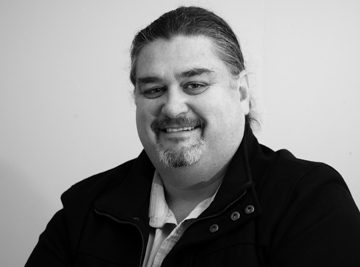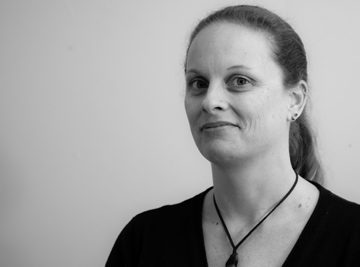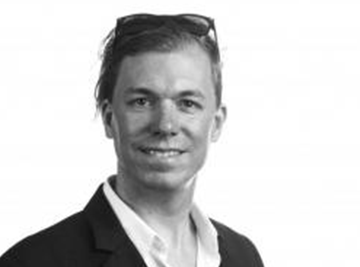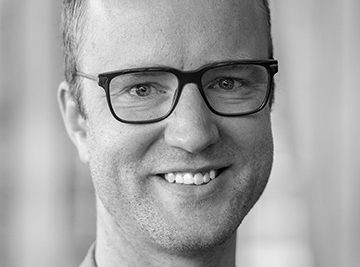
The Digital Placemaking Institute is a community of practice network dedicated to leading the development of 21st century placemaking. We connect leading and emerging digital placemaking practitioners across arts, local government and institutions, public & private planning and development, and with academic research, engaged scholarship, and demonstration projects.
WHAT IS PLACEMAKING?
Placemaking is a multi-faceted approach to the planning, design and management of public spaces. Placemaking capitalises on a local community’s assets, inspiration, and potential, with the intention of creating public spaces that promote people’s health, happiness, and wellbeing. It is political due to the nature of place identity. Placemaking is both a process and a philosophy.
WHAT IS DIGITAL PLACEMAKING?
Digital Placemaking is the integration and appropriate and strategic use of technology to support, enhance, or accelerate traditional placemaking practice, the strengthening of community connection through collaborative group process to shape the public.
In practical terms it is the installation or utilisation of digital technologies in the public space to enhance culture; facilitate urban regeneration programs; deliver education and cultural events; promote public participation and the democratisation of public space.
These technological approaches can include non-commercial urban screens; publicly accessible network infrastructure; interactive installations; augmented reality and location based content; integrated social media strategies; media architecture; responsive lighting; projection mapping and other permanent or temporary interactive or media installations – as long as they ultimately support greater community connection between people in their shared public spaces.
In all cases the technology must be deployed appropriately and in this context includes being accompanied by a well considered strategic vision and necessary ongoing resource support where required. Most importantly the solution should positively support the aspirations of the proposed placemaking and community building objectives it is intended for.

Glenn Harding is a serial entrepreneur, producer, technology and strategy consultant who has built numerous international companies in the creative and technology sectors over the last 30 years.

Daniel Latorre is a co-founder of the Digital Placemaking Institute, and is also the founder of The Wise City a strategic design studio focused on making digital civic engagement apps, and training and capacity building for civc service design.

Lubi Thomas is an experienced curator and producer working in the fields of digital/new media arts, placemaking and STEAM.

Emma has a diverse professional background with experience in advertising, marketing, digital production, event production and management & business operations with advanced skills in policy, strategy and process development.

Haeusler is an internationally recognised researcher, educator, entrepreneur and designer in media architecture, digital technology, interaction design and ubiquitous computing.

Martijn de Waal (1972) is a writer and researcher focussing on the relation between digital media and urban culture, with a specific interest in public space.

Niels Wouters (1984) is a designer and researcher with a particular interest in identifying architectural qualities and engagement opportunities afforded by digital media in public space.

Tim Gruchy’s extensive career spans the exploration and composition of immersive and interactive multimedia through installation, music and performance, whilst redefining its’ role and challenging the delineations between cultural sectors.

Dorothy is a global thought leader, speaker, creative strategist, founder and director of Molten Immersive Art.
Partners
Project for Public Spaces (PPS)
Project for Public Spaces (PPS) is a nonprofit planning, design and educational organization dedicated to helping people create and sustain public spaces that build stronger communities. Our pioneering Placemaking approach helps citizens transform their public spaces into vital places that highlight local assets, spur rejuvenation and serve common needs. PPS was founded in 1975 to expand on the work of William (Holly) Whyte, author of The Social Life of Small Urban Spaces. We have since completed projects in more than 3000 communities in 43 countries and all 50 U.S. states and are the premier center for best practices, information and resources on placemaking. More than 900 people worldwide are members of our Placemaking Leadership Council.
MAI
The Media Architecture Institute is a non-profit organisation designed to complement the work of established universities and research institutions with a flexible but very focused research activity linking industry, education and academia together. Founded in fall 2009 by Dr Gernot Tscherteu, Dr Oliver Schürer, DI Wolfgang Leeb and Dr Martin Tomitsch, the Institute continues the work of the Media Architecture Group that co-organised the Media Architecture Conference London 2007 and the Media Facades Festival Berlin 2008. In 2011 the Media Architecture Institute was expanded from its European base in Vienna to a second office in Sydney where Dr M. Hank Haeusler and Dr Martin Tomitsch are responsible for the Australasian region.
University of New South Wales (UNSW)
The University of New South Wales is one of Australia’s leading research and teaching universities. At UNSW, we take pride in the broad range and high quality of our teaching programs. Our teaching gains strength and currency from our research activities, strong industry links and our international nature; UNSW has a strong regional and global engagement. In developing new ideas and promoting lasting knowledge we are creating an academic environment where outstanding students and scholars from around the world can be inspired to excel in their programs of study and research. Partnerships with both local and global communities allow UNSW to share knowledge, debate and research outcomes. UNSW’s public events include concert performances, open days and public forums on issues such as the environment, healthcare and global politics. We encourage you to explore the UNSW website so you can find out more about what we do.
University of Amsterdam
The University of Amsterdam is one of the leading research universities in Europe, a modern university with a long and rich history (since 1632). The University of Amsterdam is an intellectual hub in the world. Closely linked with Amsterdam and international leader. With five thousand employees, students and thirty thousand one hundred different nationalities. Through cooperation linked to thousands of researchers and hundreds of private and public institutions at home and abroad. An international university, in keeping with the character and history of the city of Amsterdam: independent, innovative and involved.